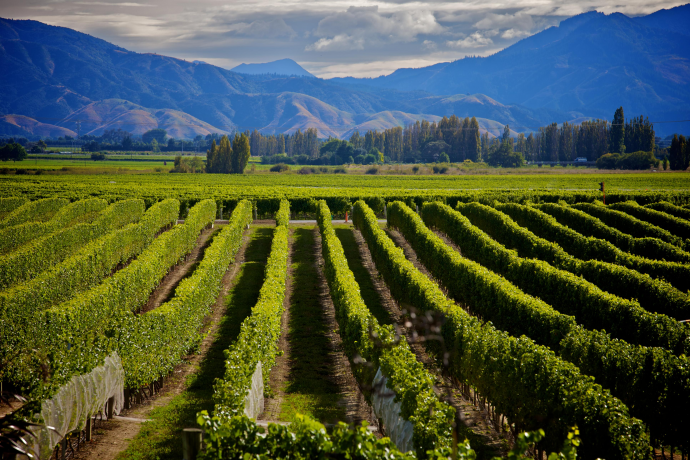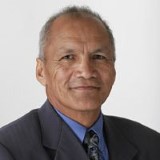More for all: Nature by design?

Panel discussion exploring the use of gene editing technologies in agriculture
If gene editing technologies are to become widely utilised throughout agricultural production, what needs to be considered. For example, could there be other repercussions if developing crops resistant to bacterial blight or plantations that are more adaptable to drought, or producing animals with more muscle for increased meat yield?
More for all: Nature by design?
Kim Hill (MC), Josephine Johnston, Julie Everett-Hincks, Kevin Prime, William Rolleston
Recorded in Palmerston North on 26 September 2017
Listen online on RNZ: Editing our Genes: Agriculture
Panel
Dr Julie Everett-Hincks
Agricultural Law researcher, University of Otago

Dr William Rolleston
National president (2014-17), Federated Farmers

Kevin Prime ONZM
Farmer, Forester, Conservationist, Kaumātua for Foundation North, also Commissioner for Environment Court

Josephine Johnston
Director of Research and Research scholar, The Hastings Center

Kim Hill
Host and Broadcaster, RNZ National

Presented in partnership with the David and Genevieve Becroft Foundation, The University of Auckland, Victoria University of Wellington and RNZ National.
Views expressed at this event may not reflect those of Royal Society Te Apārangi.
About the series
Prestigious Speakers
Editing Our Genes: Promises and Pitfalls
Once a science fiction fantasy, the power to engineer DNA is now within reach. With that power comes complex and sometimes contentious questions about what can, and what should, be done to change ourselves and the world around us. Using a new genome editing technique, known as CRISPR/Cas9, scientists are exploring deletion, alteration, and addition of genes to a huge variety of organisms, from yeast to kumara, and from mosquitoes to dairy cattle. Perhaps most promising, but also most controversial, are the possible uses of the technology in humans.
Host Kim Hill is joined by bioethicist Josephine Johnston and a panel of experts to explore the implications of gene editing technologies for New Zealand.
